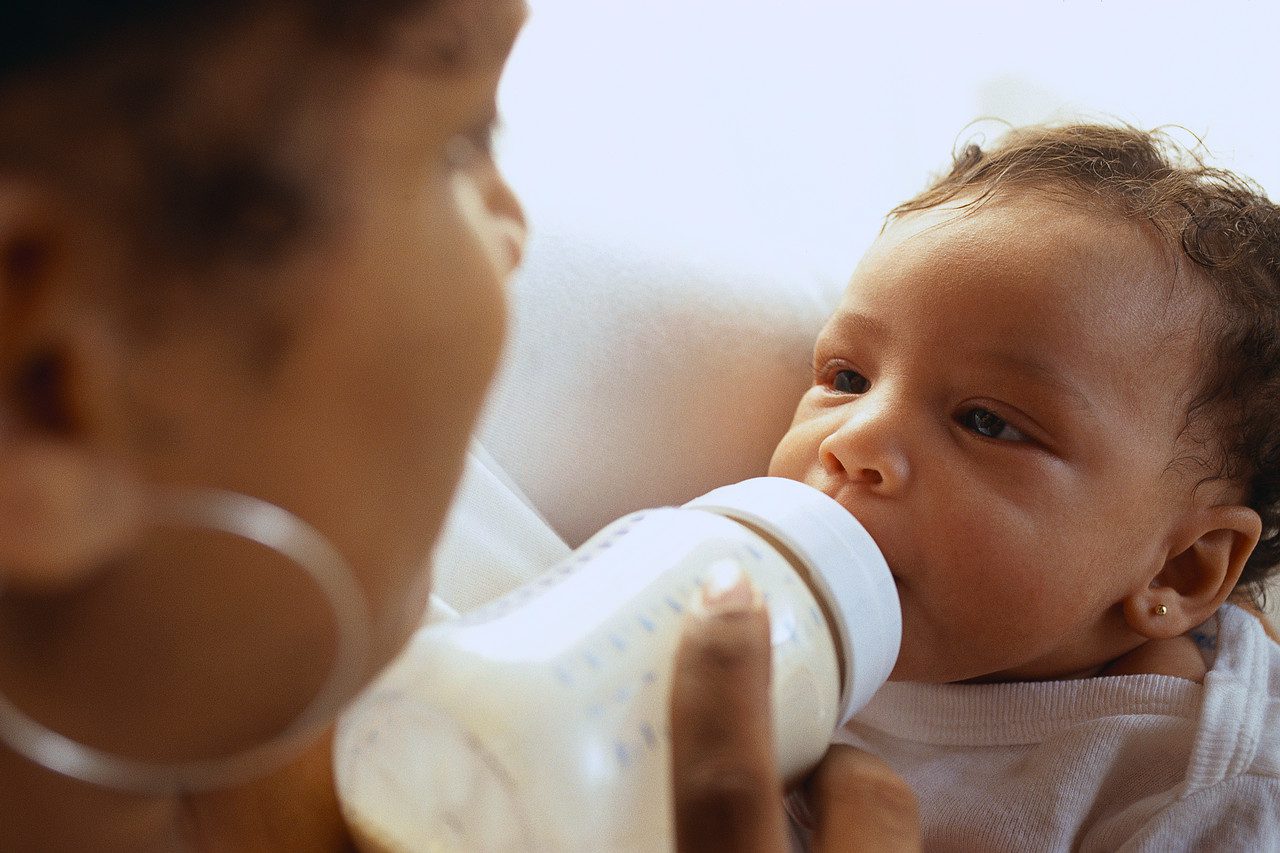For the Child Find ACCESS project, SRI Education is implementing a community-based, tailored approach to improving child find systems. The project aims to increase appropriate referrals to early intervention (Part C of the Individuals with Disabilities Education Act), especially for infants under one year old; to increase coordination of screening, referral, and tracking to reduce redundancy and streamline the process; to promote access to Part C services for all families; and to co-create supportive child find practices that can be shared across North Carolina and with other states.
An overview of Child Find
Funded under Part C of the Individuals with Disabilities Education Act, state early intervention programs locate and evaluate children from birth to three years old to determine their eligibility for early intervention services, a process called “child find.” To do so, program staff coordinate with other agencies and organizations serving children and families, such as departments of public health and social services, medical facilities, and early childhood systems. However, state and local child find efforts have proven inadequate, as infants and toddlers who may need early intervention services often experience delays in being identified, referred, and enrolled. Early identification and enrollment in services help to promote positive outcomes for young children with developmental delays and disabilities.
About SRI’s Child Find ACCESS Project
SRI is implementing a 4-year model demonstration project, Child Find ACCESS, in North Carolina to improve identification, screening, referral, and tracking of infants and toddlers with disabilities (child find). The project is funded by the U.S. Department of Education’s Office of Special Education Programs and aims to reduce barriers in access to and uptake of early intervention services. The cooperative agreement includes a possible 5th year for dissemination of the Child Find ACCESS model if it is found to be effective.
Child Find ACCESS is a comprehensive model aimed at improving child find systems through effective data practices and infrastructure; stakeholder, family, and community engagement; selection and adaptation of evidence-based child find practices; and engagement of cultural brokers (for example, early intervention ambassadors or navigators). Incorporating a systems change process with phased implementation and approaches tailored to each site, the Child Find ACCESS model builds on existing initiatives and partnerships to develop a collaborative and integrated child find system at the local level.
The Child Find ACCESS project has three implementation sites. At each site, project staff are engaging community teams and providing technical assistance and facilitation to conduct needs assessments, develop action plans, implement evidence-based practices, and plan for sustainability of improvements. With partner Brian Barger of Georgia State University, project staff will conduct missingness analyses to identify subgroups of infants and toddlers who would be expected to be receiving early intervention services but are not. With these and other data related to the child find process and early intervention enrollment (identification, referral, evaluation, individualized family service plan, and service delivery), the community teams will be able to target efforts to better reach families that may not be accessing services for which they are eligible.
Associated field of research
Associated SRI team members
-

Margaret Gillis
Principal Researcher, SRI Education
-

Howard A. Morrison
Howard Morrison Early Childhood Technical Assistance Specialist, SRI Education
-

Mary Lee Porterfield
Senior Education Researcher, SRI Education



